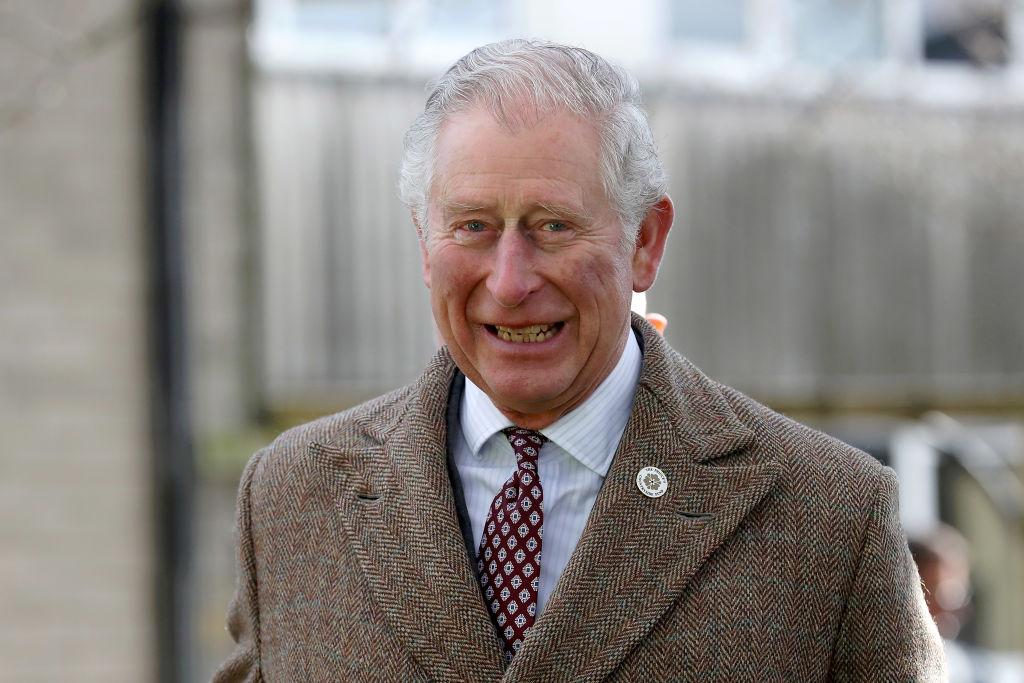Prince Charles’ mission to save homeopathy is a boon for anti-science in an increasingly disbelieving world
The royal is actively undermining the public’s understanding of and trust in medical science, at a time when global anti-vaxxing panic has triggered measles outbreaks that have killed thousands of people


If there’s one thing I miss about working in government, it’s the high-grade gossip. The best piece I picked up when I was a policy adviser at the Department for Culture involved a quivering official being berated by none other than our future king. The department, Charles informed his servant civilly, was failing in its duty to an important industry: heritage crafts. That’s right, folks: the department whose budget George Osborne cut by more than a billion pounds was, according to the prince, neglecting flintknapping, hat-plaiting and tinsmithing.
Of course, this wasn’t Charles’ first rodeo. The prince has a long history of lobbying the government on matters close to his heart, a history that became public in 2010 with the publication of dozens of letters Charles sent government ministers during the 2000s. Curiously, the “black spider memos” were so-called not for the sinister aspect of a prince’s underhand interference in matters of state but for their author’s signature scrawl.
The letters displayed Charles’ characteristic percipience, his ability to see past the problems of the peasant masses to his own pet peeves. Among the issues he asks ministers to address are sheep-hefting, dry-stone-walling and – lest we forget – “the poor old albatross”. Yet such concerns seem almost sane compared with Charles’ crazed infatuation with homeopathy.
In 2007, the prince wrote to the then-health secretary Alan Johnson complaining that people were “suffering unnecessarily” as a result of the minister’s “anti-homeopathy campaign”. In his letter, Charles insisted that homeopathy “offers an holistic, patient-centred, low-risk, low-cost, low-tech approach” and that “for all these reasons it must surely make abundant sense to safeguard the HHs [homeopathic hospitals] in the interests of the nation’s health.”
Sadly, the prince’s warning went unheeded: the NHS stopped providing homeopathy in 2017, its chief executive Simon Stevens describing the treatment as “at best a placebo and a misuse of scarce NHS funds”. Unable to force the government’s hand, Charles unsheathed his next best weapon: soft power.
On Thursday, he became patron of the Faculty of Homeopathy, an organisation that supports medical professionals to incorporate homeopathy into their practice. The prince joined the faculty on its 175th anniversary and, as The Times put it, “at one of the lowest points in [its] history”. Discredited by scientists and discarded by the NHS, Prince Charles has come to rescue the faculty’s reputation.
Yet while the consummation of a lifelong love affair with alternative remedies, Charles’ latest patronage is also a betrayal of another of his other great loves. Just weeks ago, our soon-to-be head of state was berating America’s for climate change denial. (“I believe that there is a change in weather,” Trump told Piers Morgan, before relapsing into idiocy: “and I think it changes both ways.”)
Now we find Charles championing a cause that not only lacks any evidential basis, but actively undermines the public’s understanding of and trust in medical science – and at a time when global anti-vaxxing panic has triggered measles outbreaks that have killed thousands of people.
Charles is welcome to mainline milkweed to his heart’s content in private: his mother has long kept homeopaths to hand. Yet by giving the royal seal of approval to a pseudo-science – an anti-science, even – Charles is emboldening the very sceptics he seeks to convert.
This apparent paradox proves something we’ve known all along: that the prince’s environmentalism is rooted less in a commitment to climate science than in a nostalgia for the kind of preindustrial, bucolic Britain he’s attempted to revive in Poundbury.
His penchant for homeopathy is similarly naive. Of course, complementary medicines are splendid if the medicine you’re complementing is, like Charles’, the best taxpayers’ money can buy. Yet to recommend them to the millions of Britons forced to wait months for basic care, whose faith in science is already being eroded by a wave of disinformation, is not only hypocritical, but irresponsible.
Charles’ bullishness has proven politically expedient when it comes to climate change. Yet his stubborn and wrongheaded promotion of homeopathy has exposed the ugly underbelly of royal influence on public policy. It’s a chilling sign of things to come.
Join our commenting forum
Join thought-provoking conversations, follow other Independent readers and see their replies
Comments
Bookmark popover
Removed from bookmarks